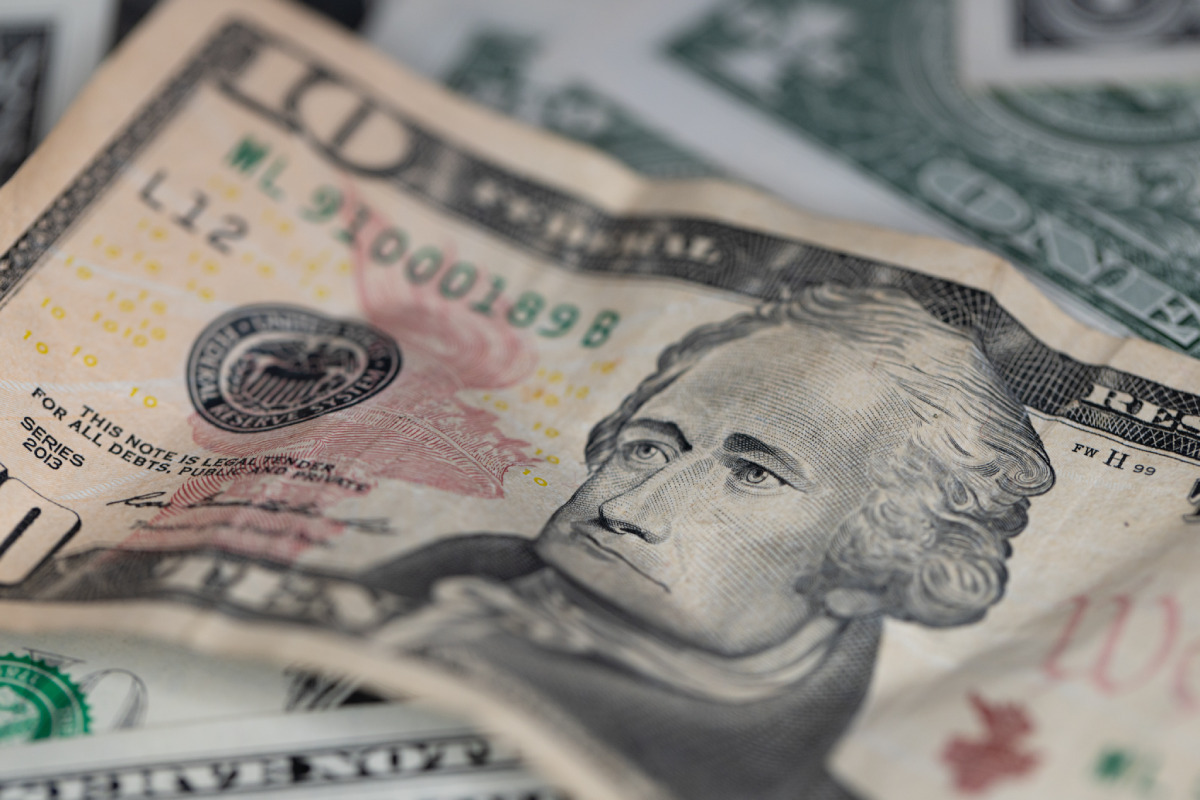
Global central banks are accelerating their gold purchases amid rising economic uncertainty and waning confidence in the U.S. dollar, signaling what some analysts describe as a generational shift away from the greenback.
That concern was highlighted in a recent note by economist and Euro Pacific Capital CEO Peter Schiff, who pointed to gold’s record rally toward $3,900 per troy ounce as evidence of a broader “monetary reset.”
“We’re in the early stages of a monetary reset as central banks move off the dollar standard and back to gold,” Schiff wrote.
“This shift will end U.S. dollar hegemony, raising our interest rates and consumer prices while lowering our standard of living,” he added.
Schiff has long argued that the dollar-based global monetary system, established after World War II, is beginning to unravel.
While the dollar remains the dominant reserve currency, central bank behavior is shifting. For the first time since 1996, foreign central banks now hold more gold than U.S. Treasury securities, according to Bloomberg data cited by Barchart.
Foreign Central Banks now own more Gold than U.S. Treasuries for the first time in almost 30 years 🚨🚨🚨 pic.twitter.com/S9BiSNTQjX
undefined Barchart (@Barchart) September 30, 2025
China has been one of the most aggressive buyers. Since 2022, the People’s Bank of China has added more than 300 tons of gold to its reserves, bringing the metal’s share to over 7% of its foreign exchange portfolio.
For the average American, the risk lies in losing the country’s so-called “exorbitant privilege,” a unique ability to borrow cheaply and run persistent deficits thanks to global demand for dollars.
If that demand fades, interest rates could rise, import costs could climb, and the U.S. standard of living could fall.
Dollar’s slide raises questions about U.S. economic privilege
The dollar is in its worst six-month stretch in five decades, hovering perilously close to breaking a key support level that has held since 2011.
Among key reasons are inconsistent tariff policies, a worsening federal budget outlook, and a global shift toward alternative trade arrangements, including those by BRICS nations seeking to reduce reliance on the dollar.
While some analysts say fears of an imminent collapse are overblown, they acknowledge a long-term erosion of the dollar’s dominance.
“While announcements of the end of U.S. exceptionalism and expectations for a monumental disruption in asset flows now seem overstated, the long-term shift in fundamentals is not,” wrote Federated Hermes portfolio managers Jason DeVito and Mohammed Elmi.
For Americans, a diminished global appetite for U.S. Treasurys and dollars could spell trouble.
Without strong foreign demand, the U.S. would lose its ability to finance deficits cheaply by exchanging printed dollars for imported goods.
As former Treasury Secretary Larry Summers put it, reflecting on America’s ability to trade paper for products, “You think that’s a good deal or a bad deal for us? I think it’s a good deal.”
Your email address will not be published. Required fields are markedmarked